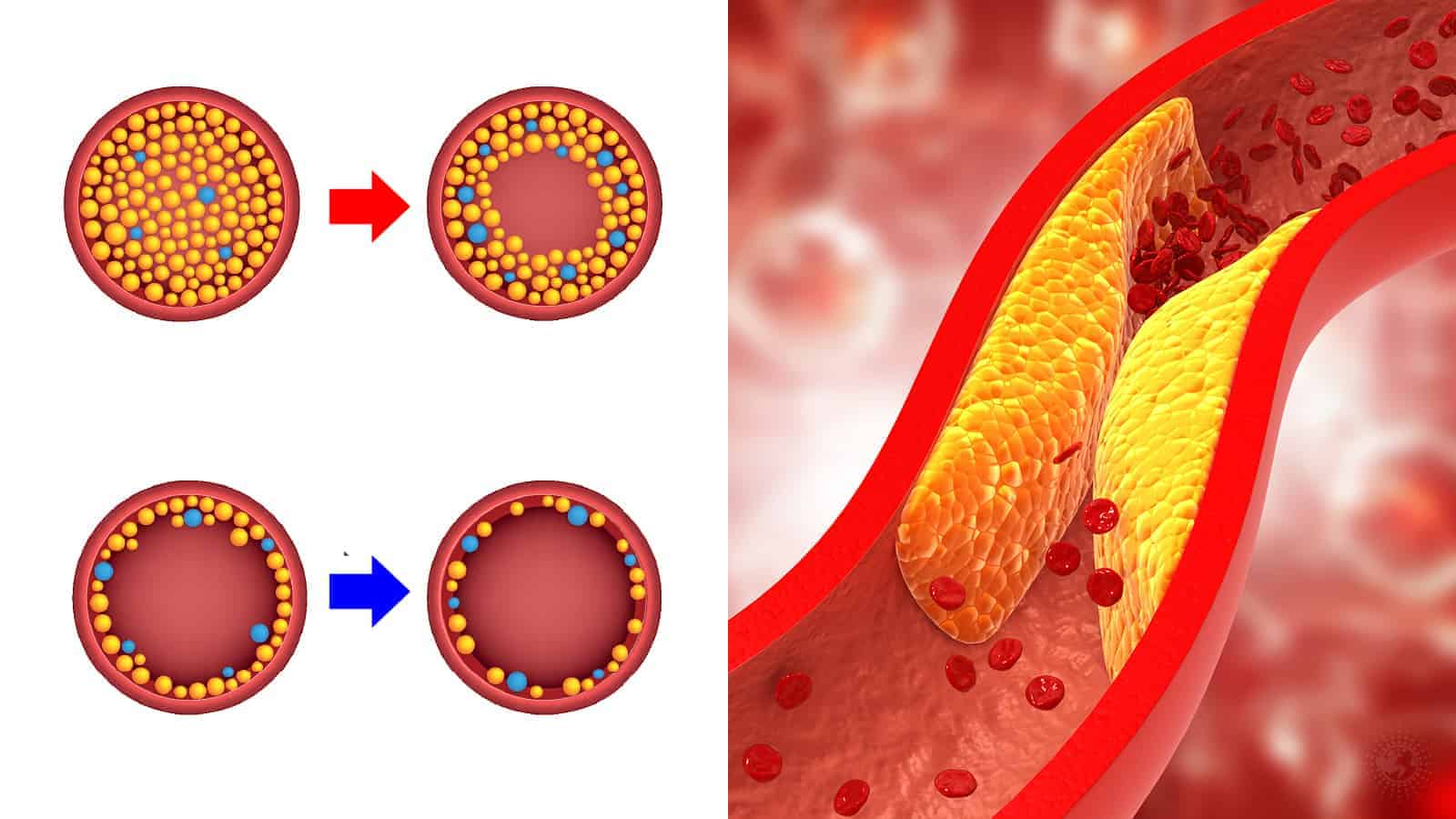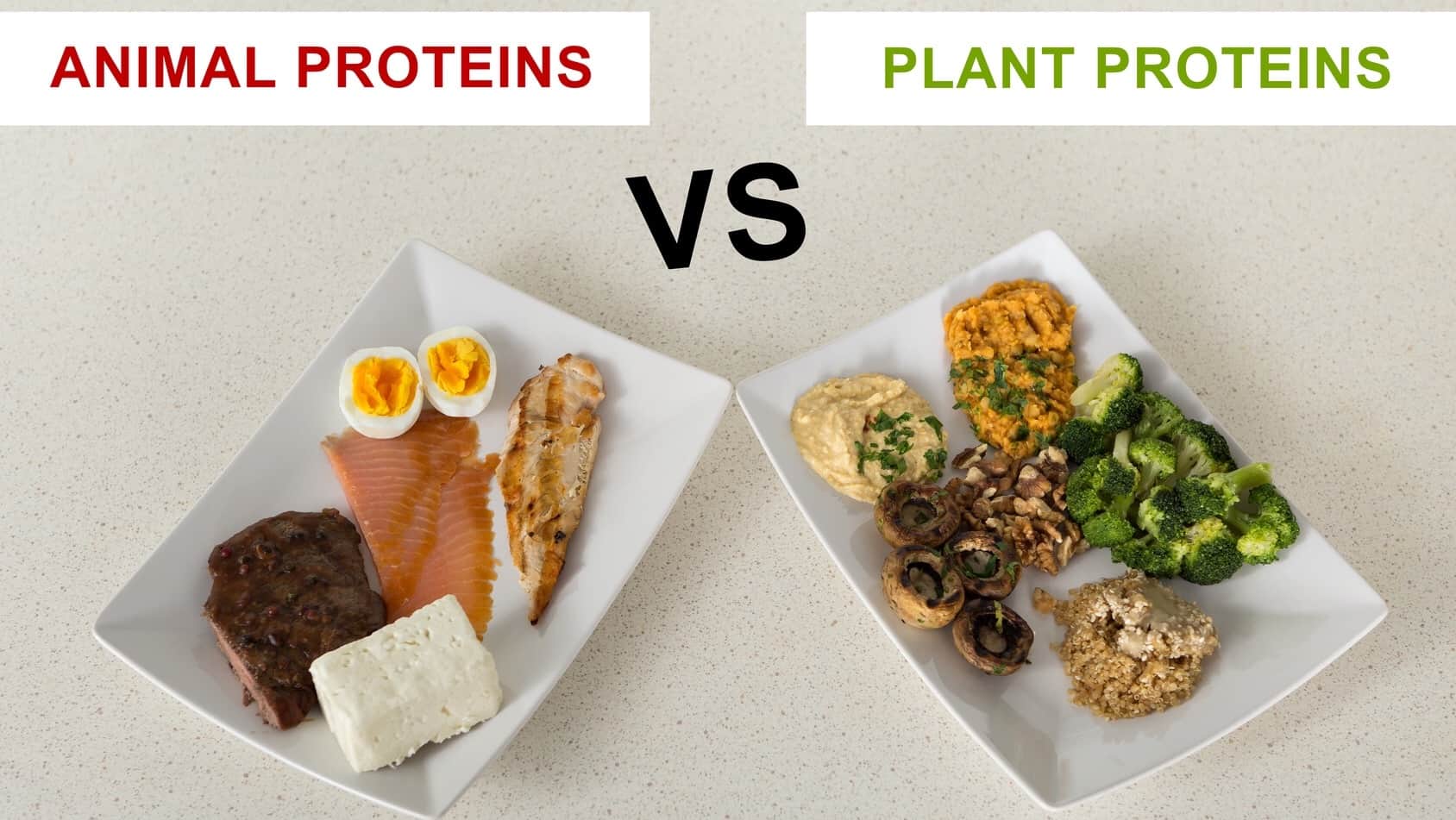One of the buzz words you often hear concerning heart health is cholesterol, which has become something to fear. Did you know that you need a certain amount of cholesterol to live and that your body produces some on its own? It just depends on what type of cholesterol you are considering.
HDL or good cholesterol helps transport excess cholesterol from your blood vessels to your liver, and it’s healthy for your heart. However, LDL or bad cholesterol builds up in the vessels, causing heart attacks, strokes, and other diseases. Genetics, age, and gender play a role in both levels.
While some high cholesterol factors you can’t change, you can make a positive difference with diet and exercise. Some foods, herbs, and supplements may also be beneficial. Here are 20 ways you may consider reducing high cholesterol levels so that you can keep your body happy and healthy.
Twenty Ways to Reduce High Cholesterol
Are you seeking a new and healthier lifestyle? Here are twenty ways you may consider reducing high cholesterol levels so that you can keep your body happy and healthy.
1. Lose Weight
It’s a myth that only overweight people have problems with their cholesterol. However, experts say that your body is more apt to store LDL or bad cholesterol if you are packing extra pounds. You also may have a higher cholesterol reading if it’s part of your genetics.
You can still reduce high cholesterol by eating better foods for you, which will help you lose weight. Eating a healthy diet will also encourage your liver to absorb less cholesterol to form new fatty deposits. Plus, losing weight will help raise the HDL or good cholesterol levels in your body.
 2. Quit Smoking
2. Quit Smoking
If you need another reason to nix the tobacco habit, you can reduce high cholesterol may persuade you. When you smoke, you not only increase your risk of cardiovascular disease, but you also alter how your body processes cholesterol.
Tar is one of the several toxic chemicals leached into your body from burning tobacco. It damages the cells responsible for removing cholesterol from the walls of your blood vessels to your blood. Some health experts believe that these malfunctioning cells may be one reason why smokers often develop clogged arteries.
3. Avoid Trans-fats in Your Diet
You may have done an excellent job by eliminating as much saturated fat from your diet as possible, and that’s a good thing. However, trading them off for food that is high in trans-fats isn’t helpful. Manufacturers use hydrogenation to turn unsaturated fats or vegetable oils into a solid at room temperature.
Not only do trans-fats increase your total cholesterol levels, but they can decrease the level of good cholesterol (HDL) in your body. The trans-fat culprits are margarine, shortening, and processed food with partially hydrogenated oils. To reduce high cholesterol levels in your body, avoid trans-fats.
4. Eat Healthy Polyunsaturated Fats in Moderation
To reduce high cholesterol and your risks of cardiovascular disease, trade saturated, and trans-fats for polyunsaturated ones. Omega-three is a beneficial polyunsaturated fat that can help reduce your LDL cholesterol. Research suggests that these healthy fats may reduce your chances of developing Type 2 diabetes.
Sources of Omega-three fatty acids include fatty fish like tuna, salmon, herring, and mackerel. You can also get a healthy dose when you eat walnuts, almonds, pecans, and seeds. If you aren’t a fan of seafood, you can also take Omega-three fish oil supplements.
5. Get Regular Exercise
When you combine a healthy diet with a daily exercise regimen, you can lose weight, tone your body, and reduce high cholesterol. Obesity can cause many health problems, like coronary disease, diabetes, high blood pressure, and some cancers. Not only can exercise lower your obesity risk, but it can also reduce your bad cholesterol while increasing the good.
Studies show that even walking can offer you cholesterol-busting benefits. The more you exercise, the more you can lower your bad cholesterol and make your body healthier. Talk to your primary healthcare provider about an exercise regimen that’s best for you.
6. Eat More Fiber
Soluble fiber does wonder for keeping your digestion and bowels regulated. Did you know that it can also help you lower your cholesterol levels? It is the main food source for the beneficial probiotics that live in your gut.
This microscopic gut flora can lower the amount of bad cholesterol in your body. High-fiber foods also have a lot of vitamins and minerals. Increase your fiber intake by enjoying whole grains, beans, lentils, and fruit.
7. Avoid Alcohol or Drink in Moderation
Drinking too much alcohol can damage your liver and cause other serious health conditions. However, some studies show that drinking alcohol in moderation may increase your good cholesterol levels. It can also benefit the process of removing cholesterol from your blood vessels to be filtered by your liver.
8. Consider Plant Cholesterol
Although these plant-based cholesterols haven’t been proven to lower your coronary disease risks, they can help you reduce high cholesterol levels. You will find these plant sterols and stanols in most vegetable oils.
9. Try Dietary Supplements
If you are eating various healthy whole foods, you are probably getting enough vitamins and minerals. However, some dietary supplements have been found to help reduce high cholesterol levels. Consider psyllium, CoQ10, and fish oil.
10. Enjoy Green Tea
Who would have guessed that your favorite tea could also lower your cholesterol? You are probably already drinking it for its other health benefits. Drinking green tea or black tea can lower your levels of bad cholesterol.
11. Eat Grapefruit
Remember the iconic grapefruit diet that comes around again every few years? Some claims made about this fad diet may be dubious, but eating a grapefruit a day can help bring down your cholesterol levels. *People who consume grapefruit or grapefruit juice should check with a pharmacist to find out if any of their medications interact with the fruit. Grapefruit is known to affect three of these Cholesterol drugs: simvastatin (Zocor), lovastatin (Mevacor), and atorvastatin (Lipitor).
12. Drink Plenty of Water
Drinking water may not reduce high cholesterol on its own, but it can help other processes. A recent study suggested that drinking more water a day can lower your risk of coronary disease by 60 percent. It also lowers your risk of obesity, which means a better cholesterol level.
13. The Edible Egg
Perhaps no other food has been scrutinized more than the humble chicken egg. In the past, experts warned people to avoid eating eggs since the yolks were high in cholesterol, albeit the good kind. Current research not only contradicts past warnings but also indicates that the lutein in egg yolks is heart healthy.
14. Lower Your Stress Levels
Chronic stress is public enemy number one when it comes to your health. It puts your survival instinct into overdrive and pumps your blood full of stress hormones, which can drive up your cholesterol. Find natural ways to relax, like doing yoga, journaling, or taking leisurely walks in nature.
15. Bring on the Garlic
Garlic has been used for thousands of years to ward off countless health conditions, and modern science is proving its benefits. Not only is this pungent bulb good for your heart but consuming it can also lower your cholesterol levels.
16. Learn to Laugh a Little More
Research shows that laughter encourages your brain to release hormones that produce nitric oxide. This chemical is a natural anti-inflammatory that affects your blood vessels and may prevent the buildup of cholesterol.
17. The Joy of Soy
Many people around the globe use more soy protein than they do animal proteins. Did you know that soy can help lower your bad cholesterol and your risks of heart disease? You can choose many natural soy products, like soy milk, tofu, soy nuts, or tempeh.
18. Holy Basil
Basil cultivars are so much more than just a tasty culinary herb. Preliminary studies suggest that holy basil may lower your risk of developing diabetes and may lower your cholesterol. More reviews are in the works.
19. Try Whey Protein
Scientists believe that whey protein in dairy products is beneficial to your health. If you want to lower LDL and total cholesterol levels, you can try whey protein supplements. Research shows that it may help reduce your risk of hypertension, too.
20. Turmeric
Current studies have elevated this ancient herb that’s been used in Indian medicine for thousands of years. If you enjoy it as a culinary herb or as a dietary supplement, this golden root powder may reduce your chances of cardiovascular disease and lower your total cholesterol levels.
 Final Thoughts on Acting Now to Reduce High Cholesterol
Final Thoughts on Acting Now to Reduce High Cholesterol
Statin drugs are used by doctors to treat cholesterol. However, the side effects of these drugs are troublesome, which makes many leery to take them. Thankfully, there are so many natural things that you can do to help your cholesterol levels.
Before you try any dietary supplements, talk to your healthcare provider. Never cease or change your cholesterol medication dosage without medical advice. A healthy lifestyle is one of the main things you can do to reduce high cholesterol.
Don’t you owe it to yourself to try natural things first? Selecting a few of these methods will have a dramatic impact on your life and can reduce high cholesterol.


















